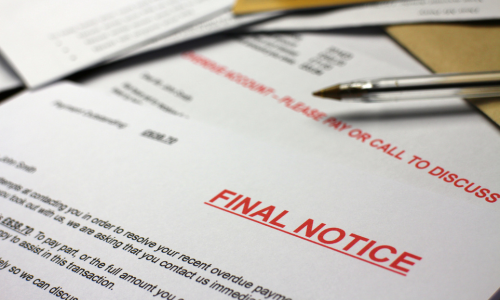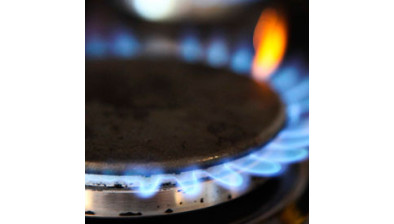Ofgem unveils plans to ‘reset and reform’ growing energy debt crisis

Ofgem has announced a major plan to tackle the £4.4 billion of energy debt built up during the energy crisis, including a new Debt Relief Scheme that could write off up to £500 million and help around 195,000 households across the UK.
The regulator said it will shortly publish a final consultation on the first phase of the scheme, part of a wider effort to reduce debt levels, protect consumers, and reform how energy debt is managed in the future.
The first phase of the Debt Relief Scheme is expected to launch in early 2026, focusing on people in receipt of means-tested benefits who have more than £100 of debt accrued between April 2022 and March 2024.
Eligible households will be identified automatically by suppliers and contacted directly. To qualify, they must be making some contribution toward their energy debt or usage, or be willing to work with a debt advice charity for support.
Charlotte Friel, Ofgem’s director for retail pricing and systems, said the growing mountain of debt was a significant challenge for both consumers and suppliers.
“We know the growing amount of debt in the energy system is a significant challenge – for those living with the stress of being in debt, for households who face higher bills to cover unrecovered costs, and for the industry that struggles to invest because of debt pressures,” she said.
“We must protect consumers by striking the right balance between making sure those who can pay are supported to do so, and targeting support at those who need it most. These proposals will relieve the burden of unmanageable debt while reforming how the sector handles debt in future.”
Alongside debt relief, Ofgem plans to test changes to the way households are billed when moving into new homes. Currently, energy accounts default to “the occupier” until residents register — a system that can lead to unpaid bills accumulating under anonymous accounts.
Suppliers estimate this accounts for between £1.1bn and £1.7bn, up to a third of all historic debt. These losses are eventually written off and recovered through bills, currently adding £52 per household under the existing price cap.
Under Ofgem’s proposed reforms, new tenants or homeowners could receive automatic credit on their smart meters when switched to prepayment mode, ensuring they remain on supply while setting up their energy account.
The regulator is also preparing a new ‘Know Your Rights’ guide for consumers, outlining what suppliers must do to support households struggling with energy debt.
Energy debt remains a particular concern in Scotland, where charities continue to see families struggling with unaffordable bills.
Andrew Bartlett, chief executive of Advice Direct Scotland, said the plans were welcome but warned that many households remain in crisis.
“Historical energy debt remains a major issue for families across Scotland,” he said.
“Anything which protects the most vulnerable people – many of whom we deal with every day – is to be welcomed. But energy costs remain significantly higher than before the crisis, and many people continue to struggle with the rising cost of living and energy-related debts.
“It may still be years before prices return to pre-crisis levels, so it’s vital that people take steps to manage their bills. Regular meter readings, ensuring your smart meter works properly, and reviewing your direct debit can all help.”
However, Citizens Advice Scotland (CAS) said the proposals do not go far enough.
David Hilferty, CAS’s director of impact, said: “The scale of the solution proposed by Ofgem fails to match the scale of the problem. Years of unaffordable energy bills have forced people into debt with devastating consequences for physical and mental health. People are getting trapped in debt just to live – to have warmth, light, and hot food on the table.
“Our evidence shows this harm is entrenched across Scotland – the average energy debt people present with at CABs has doubled over the last five years to £2,500, and it’s even worse for rural households at £3,180. This is unacceptable.
“The energy market is broken and needs major reform – urgently. Government and regulators need to grasp the scale of the crisis and be bolder in their response.”
Ofgem will publish consultations on the Debt Relief Scheme and related proposals in the coming weeks, with implementation targeted for early 2026.
The regulator said its long-term goal is to deliver a fairer and more sustainable energy system — one that protects vulnerable households, reduces costs for all consumers, and ensures suppliers can continue to innovate and invest.






